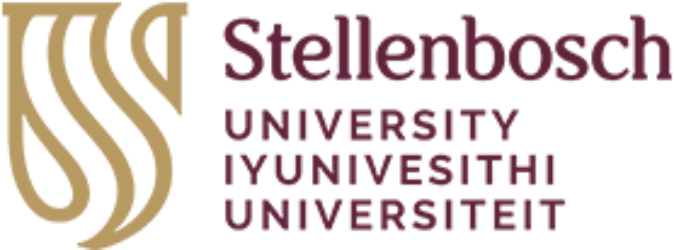Mimi Seyffert-Wirth, Director of Scholarly Communication and Marketing recently attended the Erasmus Training Week at the University of Liège Library in Belgium from 10 to 14 June 2024. The theme, “Opening up our Heritage: Challenges and Opportunities in Digitising and Promoting Cultural and Research Collections,” focused entirely on the digitization of heritage collections, making it a highly specialized but fascinating week.
22 participants participated in the programme, a small group which made networking with each other very convenient. There was also ample opportunity for discussion after presentations and all participants are expected to send a draft article related to their presentation through to the organisers before end October. These will be published in 2025.
Many presentations covered specialized, niche projects, which were very interesting. Others focused on larger projects such as national aggregators for digital heritage and the redesigning of massive digital heritage databases. In terms of information technology tools and software, it was interesting to note that all participants are employing either DSpace, OMEKA S or Alma, or a combination of these.



Uliège City Campus
Key Takeaways
- Citizen Science and Crowdsourcing
Projects from Leuven and Strasbourg universities showed how involving the public in digitization, such as documenting regional chapels, can bring in high-quality contributions. Using tools like OMEKA S, the public’s input proved invaluable—something we could explore to enrich our own collections at Stellenbosch. - Volunteers in Action
Many institutions, like Leiden University, are using volunteers to help with digitization. It’s an idea worth considering, particularly for large-scale projects that could benefit from extra hands. - Collaborating Across Sectors
National projects from Latvia, Switzerland, and Finland demonstrated the value of libraries, museums, and archives working together on digital heritage. Regional collaboration and the inclusion of local languages were key to their success, and their ability to secure government funding was impressive. - Open Access and Copyright Challenges
Discussions around open access revealed that while some institutions are keen on sharing heritage freely, others are more resistant. Some are even exploring commercialization as a way to fund conservation efforts—sparking lively debates about the ethics of monetizing heritage. - AI in Heritage Projects
AI is being used in exciting ways, such as helping Leiden University match 7,000 photographic negatives to prints. This could be a game-changer for managing large, complex collections.
Library Delights:

Scanners:
Cultural Delights:
Lessons and Next Steps
The University of Liège Library is similar in size to Stellenbosch, making their innovative restructuring into six service areas a model to consider. They’ve also seen success with a strict Green Open Access policy, achieving an impressive 89% compliance from their researchers.
Mimi returned with plenty of ideas to explore, including using citizen science to enhance collections like the Bells of the Western Cape and to enrich the Maguire digital collection as well as experimenting with AI for managing digital archives.
Why Attend StEP?
The StEP programme offers a fantastic opportunity to learn from international peers, gain fresh perspectives, and build professional networks. It’s an experience that more staff members should definitely take advantage of for their own development.
Conclusion
The Erasmus Training Week was not only informative but truly inspiring. With new insights into digital heritage and a wealth of ideas to bring back to Stellenbosch, the experience highlighted just how vital it is to stay engaged with global developments in the field .
Theresa Schoeman














